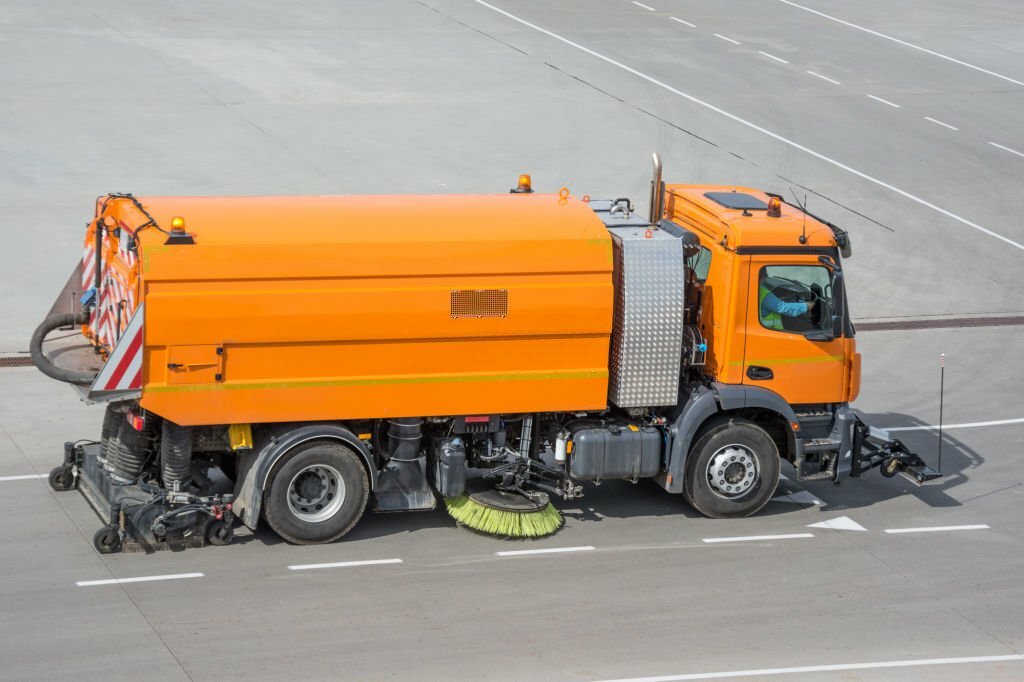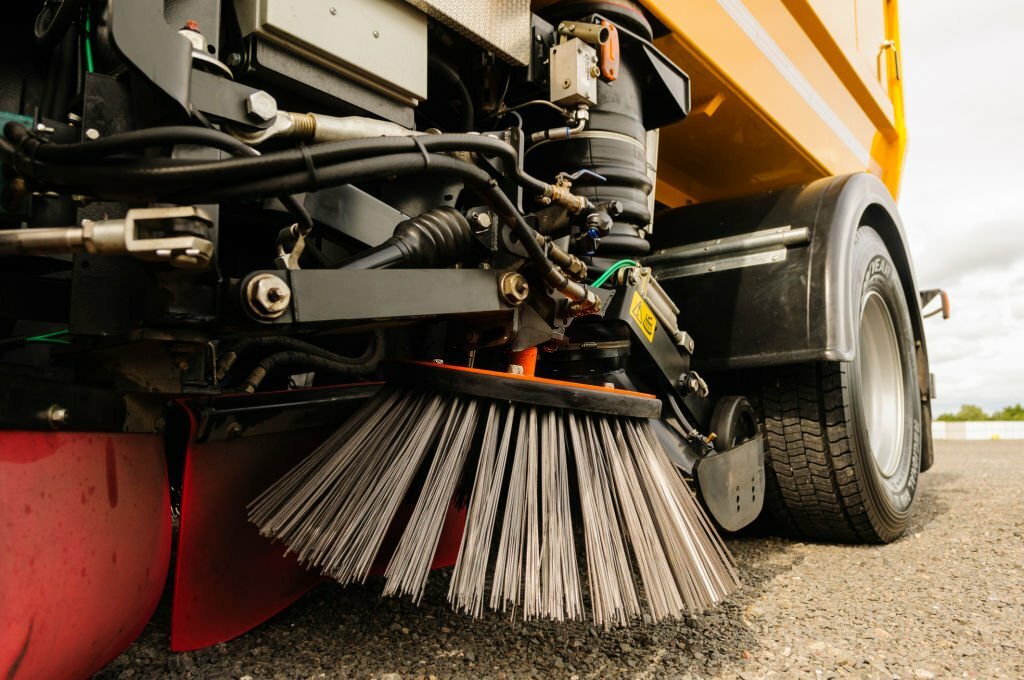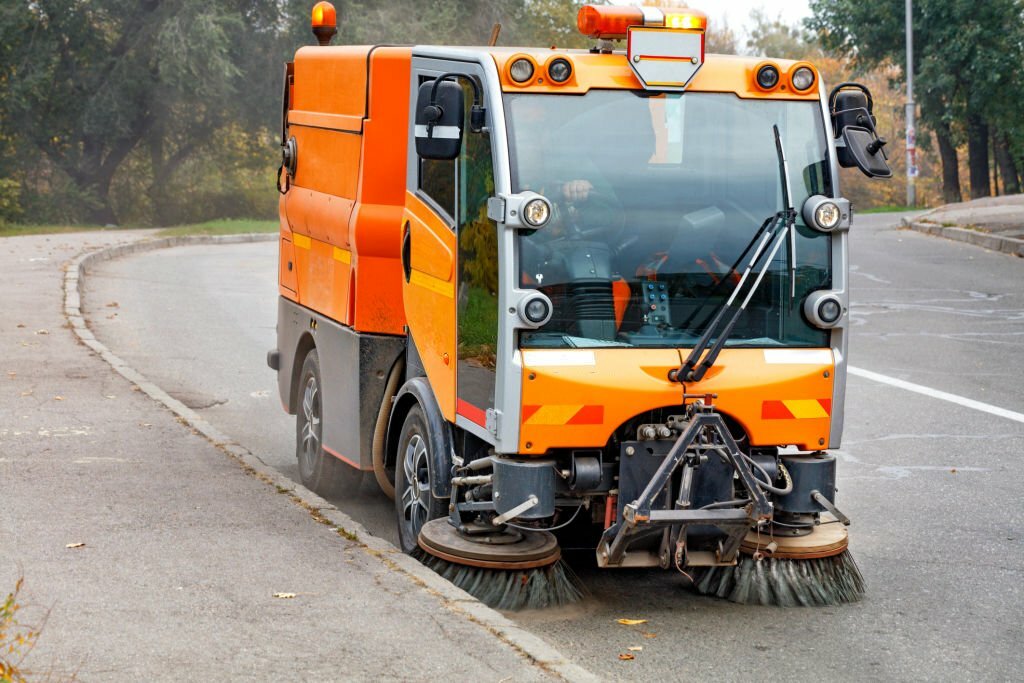In the contemporary industrial landscape, the pursuit of sustainable practices has become a paramount concern, driving businesses to seek innovative solutions that not only ensure operational efficiency but also contribute to environmental preservation. Amidst this paradigm shift, the role of sweeper machines in heavy equipment operations has garnered significant attention for its potential to foster sustainability. Beyond their conventional cleaning functions, these advanced technologies offer a host of environmental benefits, ranging from improved air quality to reduced pollution and minimized ecological impact. This exploration delves into the diverse ways in which the integration of sweeper machines contributes to enhancing sustainability within the realm of heavy equipment operations.

In an era marked by a pressing need for sustainable industrial practices, the integration of sweeper machines in heavy equipment operations has emerged as a crucial step toward fostering environmental responsibility. Beyond their primary function of maintaining cleanliness and preventing contamination, these advanced cleaning technologies offer a multitude of environmental benefits that contribute to the preservation of ecological balance and the reduction of industrial carbon footprints.
One of the primary environmental advantages associated with the use of sweeper machines in heavy equipment operations is the significant improvement in air quality. These machines efficiently capture dust and particulate matter that would otherwise contribute to air pollution, thereby creating a cleaner and healthier atmosphere for both workers and surrounding communities. By curbing the release of harmful airborne particles, these sweepers play a pivotal role in mitigating respiratory issues and promoting overall well-being within industrial settings.

Moreover, the deployment of sweeper machines aids in the reduction of overall pollution generated by heavy equipment operations. By effectively managing and controlling the dispersion of contaminants, including oil, chemicals, and other hazardous substances, these technologies minimize the potential for environmental degradation and contamination of nearby water bodies and soil. This proactive approach to waste management not only aligns with stringent environmental regulations but also reflects a commitment to responsible industrial practices that prioritize the preservation of natural resources and ecosystems.

Additionally, the implementation of advanced sweeping technologies contributes to the minimization of the ecological impact of heavy equipment operations. By preventing the spread of debris and waste materials, these sweepers assist in maintaining the cleanliness of industrial sites, thus reducing the need for extensive clean-up efforts and minimizing the overall ecological footprint associated with industrial activities. This streamlined approach to waste management and ecological preservation underscores the significance of integrating sustainable practices into the core operations of heavy industries.

In essence, the environmental benefits derived from the use of sweeper machines in heavy equipment operations extend beyond mere cleanliness. By fostering improved air quality, reducing pollution, and minimizing ecological impact, these advanced technologies play a pivotal role in promoting sustainability within the industrial landscape. As the global focus on environmental conservation intensifies, the incorporation of sweeping solutions into heavy equipment operations stands as a testament to the commitment of industries towards fostering a greener and more sustainable future.
As industries continue to navigate the imperative shift towards sustainable practices, the role of sweeper machines in heavy equipment operations stands as a testament to the proactive measures taken to minimize environmental impact. By championing improved air quality, pollution reduction, and effective waste management, these advanced technologies exemplify a holistic approach towards fostering ecological responsibility within industrial settings. Embracing the environmental benefits associated with sweeper machines not only reinforces regulatory compliance but also underscores a collective commitment to preserving the delicate balance between industrial progress and environmental preservation. With continued advancements in sweeping technologies, the trajectory towards a more sustainable and ecologically conscious industrial future remains promising and imperative.
Discover the environmental advantages of integrating sweeper machines in heavy equipment operations at the Boom and Bucket website. Uncover how these cutting-edge technologies enhance sustainability, improve air quality, and minimize ecological impact. Visit us now for comprehensive insights into fostering a greener industrial landscape.

